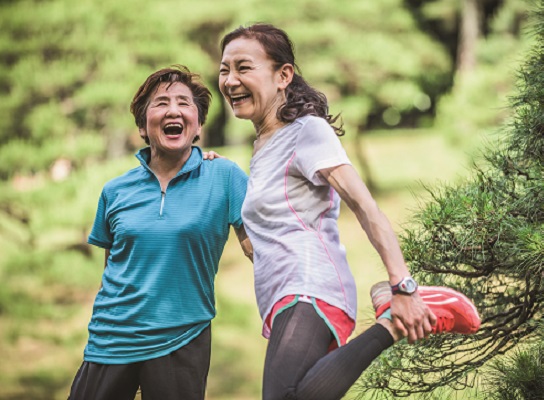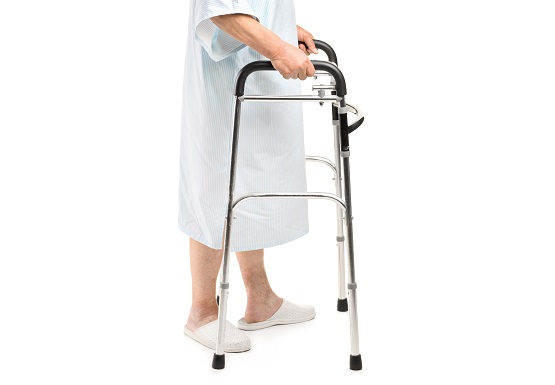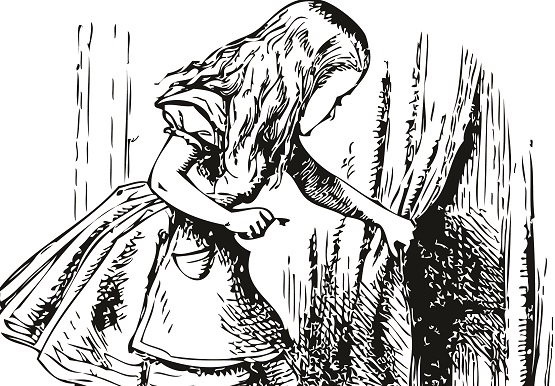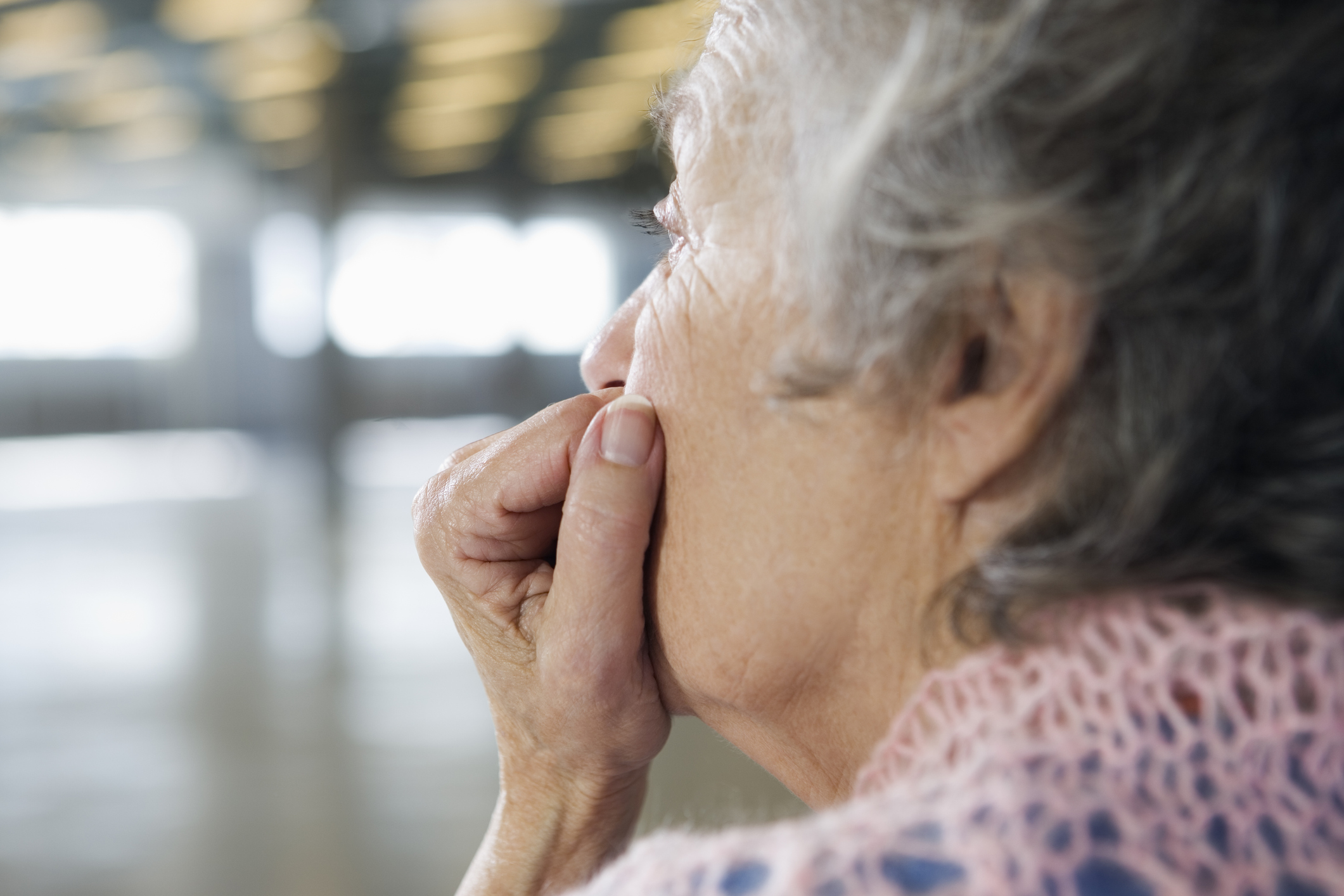Age Boldly and Loudly

Multi-generation interaction and close social ties with youths enable seniors to cultivate positive psychological perceptions, life satisfaction and positive ageing.
Longer life expectancy, optimal health, and happiness in the later stage of life are the ultimate expectations and aspirations of senior citizens. We read and talk endlessly about the latest superfoods and exercises that will keep us in good shape despite our age. But recent studies have shown that shopping with our grandchild or teaching youths how to bake may be the boost we need for our physical and mental well-being. In this article, we explore these possibilities.
THE MULTI-GENERATION POWER
Activities that promote frequent exchanges between generations have shown to be effective in improving mental health, perceived health, and emotional well-being among senior citizens, according to a Scottish organisation, Generation Working Together. This organisation examined multiple case studies on the subject and ardently promoted intergenerational activities as a part of active ageing.
The benefits of interactions between generations go beyond breaking the ice between different generations and fostering mutual respect and recognition. For senior citizens, who often feel left out in the increasingly wired and rapidly changing world, intergenerational exchange provides them with the opportunity for continual social participation and helps to enrich their learning activities.
In Taiwan, a social experiment which focused on building relationships between senior citizens and preschool, elementary, and middle school students had seen a boost in the elders’ self-affirmation and positive perspectives towards ageing awareness. The interaction commonly involved senior citizens sharing life experiences and engaging students through their cultural heritage, such as by teaching folk arts and traditional songs, and providing knowledge about local cultures.
Closer to home, Channel NewsAsia conducted a similar social experiment, pairing five seniors with teenagers for over ten weeks, and documented their interactions in their new documentary “Back to School”. Before embarking on the project both generations went through psychometric tests to assess their selfesteem and emotions. The seniors’ physical fitness, memory, and mental dexterity were also tested. At the end of the 10 weeks, they were re-assessed to see if there were any changes.
One of the participants was an 83-year-old man called Bill Teoh. He was not too thrilled to spend time with 14-year-old Kieyron Maldini. A retired member of the police force, and owner of Singapore’s oldest and biggest comic book store, Bill could not understand how youths today could spend so much time on their phones or play computer games. But Kieyron was unfazed. The bubbly teenager taught Bill how to play the games and before long, we saw Bill asking Kieyron to play another round and “bring Batman back”.
While the youths challenged the elders to try new things, the elders brought to the table their decade-long experience and life lessons to help the youths cope with their struggles. In the documentary, we followed the exchanges between the chirpy and energetic 79-year-old Nonie Chew and reserved 15-year-old Foo Jun Hao. Nonie’s kindness and persistence allowed her to leap over the generation gap to be Jun Hao’s morale booster and confidante.
At the end of 10 weeks, Billy saw an 18 per cent increase in his mental flexibility and walking speed, while Nonie saw a 20 per cent increase in mental flexibility and 27 per cent increase in endurance.
These results corroborate previous findings, which indicated that intergenerational learning helps to cultivate positive psychological perception, life satisfaction, and successful ageing, despite the negative perspective that intergenerational learning cannot prevent physiological degeneration.
The documentary has also made apparent what the studies have been echoing for years: we need to change our mindset about ageing. Instead of looking at old age as a burden and as the end of the “good days”, we should take an asset-based view. Seniors possess the knowledge and experience valuable to society and more should be done to engage them.
AGEING WELL STARTS FROM WITHIN: NUTRITION
Equally important as intellectual and emotional engagement is nutrition. New studies in recent years have shown that the right diet and nutrition may reduce risk of age-related diseases and promote healthy ageing. We are what we eat, and it shows as we age. But what does it mean to eat well?
To put it simply, eating well in the later stage of life comprises eating with balance and eating for protection.
Eating with balance – As we age, our metabolism will slow down and as we become less mobile, we will use less energy. If we keep eating the same amount of food, our calorie intake will become higher, which could lead to various health problems such as diabetes and heart disease. So, we should moderate our portions and go for low calorie, nutrient-dense food, such as nuts, lean protein like salmon, fruits, and vegetables.
Avoid saturated fat and food containing trans-fat which are commonly found in dairy products, animal fat, fried food and products made with vegetable shortening and hydrogenated oils found in pastries.
Eating for protection — Protect your cells and bones by taking in food rich in antioxidants and calcium. The scaffolding in our bones may be weakened with age and therefore calcium-rich foods should be a staple in our diet. Fish with edible bones, leafy green vegetables, and soybean milk are among the foods known for their high calcium content.
Antioxidants are necessary to fight free radical molecules that could damage body cells and accelerate ageing. Remember to include a variety of fruits and vegetables (with at least two servings per day), and cultivate a preference for produce with bright colours as they are richer in antioxidants.
KEEP MOVING
Old age is no excuse to throw in our towels and hang up our sneakers. Physical activities are good for everyone regardless of age. The Health Promotion Board recommends that people over 50 do strength and balance exercises at least twice a week, in addition to 150 minutes of moderately intense physical activity. However, we should be mindful of our health condition and regular medications when choosing the type of exercise. If you have not been regularly exercising, it is best to go for health screening and consult health professionals before starting any exercise regime.
There are four types of exercises: endurance, strength, balance, and flexibility.
Endurance helps to keep our lungs, heart, and circulatory system healthy. Building our endurance will improve our stamina and help us carry out our everyday activities. Brisk walking, jogging, and dancing are among the activities that can improve our endurance. Endurance exercises are normally of low intensity, but performed in longer duration. So, drink plenty of fluids even when we do not feel thirsty. This is because we are more prone to dehydration as we age.
Strength exercises will make our muscles stronger. A couple of strength exercises a week will make a whole world of difference when we carry groceries or climb up the stairs. Lifting weights, using resistance bands, or exercising with our own body weight are good exercises to build strength. These exercises may look intimidating and spark concerns that we will have aches and pains, but exercising can help us manage pain and improve our strength and self-confidence. Many older people find that regular exercises not only halt the decline in strength and vitality, but improve it. The key is to begin with gentle activities and build up from there.
One of the biggest fears of old age is falling down. This is where balance and flexibility exercises could be useful. Yoga helps to stretch our muscles and keep us limber. Tai Chi and heel-to-toe walk are two low intensity activities that are perfect for those who just started exercising.
Regular physical activity helps us stay healthy and independent longer. Not to mention, the slew of health benefits such as lowering the risk of Alzheimer’s and dementia, heart disease and high blood pressure, on top of enhancing our mood.
OLDER AND BOLDER
Of course, the most important thing to do to keep up with youths is to feel young and according to studies, we can actually find the elixir within.
Dr Carol Tan, a geriatrician who oversaw a Channel NewsAsia programme called “Turn Back the Clock”, has seen how a new mindset can lead to better health. The programme put five Singaporeans aged 74 to 78 in a house that recreates the 1970s, from the furniture, television, room décor, down to the newspapers. The aim was to create an environment that reconnected them with their younger and fitter selves. According to Dr Tan, “The experiment is unique as a health programme in that it did not focus on the pills, surgery, hospitals or clinics. It converged on the people.”
This mind-over-body approach casted doubt among health professionals initially, including Dr Tan herself, but the result of the social experiment was fruitful. Take Madam Asmah Laili, for example, who used to host one of Singapore’s most popular Malay cooking programmes, but due to mobility issue, she has long hung up her apron.
She began to rely on a walking stick as she grew older. In the experiment, she was asked to prepare dessert for her former colleagues and as she busied herself with the preparations, she forgot about her walking stick. The sense of meaningful purpose allowed her to surpass her pre-conceived limits.
Dr Tan said that sometimes, it is the “prejudice they put on themselves – that I’m old already and I’ve done enough already” that could weigh down on seniors’ mental health and impede them from active ageing.
So, to avoid our mind and spirit from slipping into that “resting mode”, there are a number of things that we can do: Find a way to make old things new. Try out new board games, move to more challenging puzzles or crosswords to keep the sense of purpose and excitement alive. We can also try something new. It could be as challenging as picking up a new language or computer skill, or changing our hairstyle.
While intergenerational exchange helps open up opportunities for seniors to find their place in society, and food and exercise help maintain our health, ultimately, it is we who determine what we can or cannot do.
This article is taken from our My Alvernia Magazine Issue #32. Click here to read the issue on our website or on Magzter.



